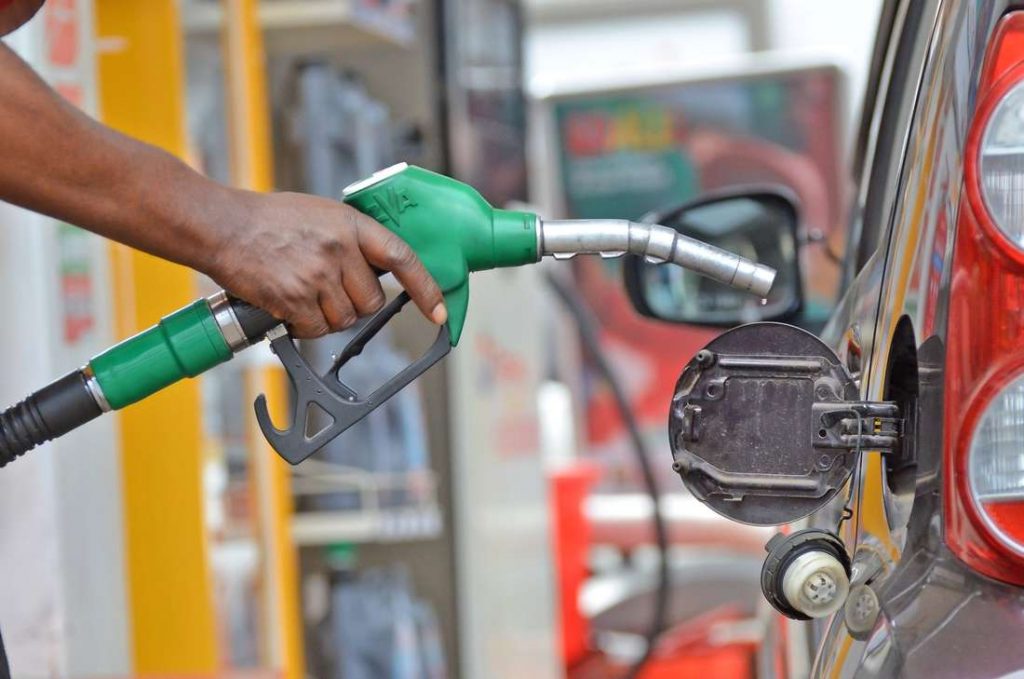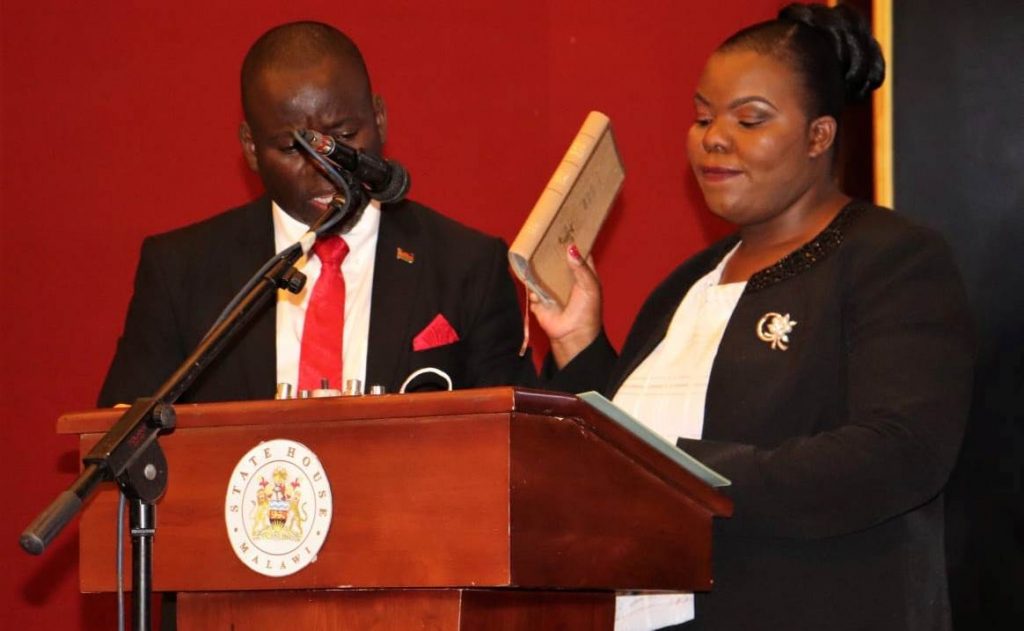As global fuel prices surge amid the Russia-Ukraine war, tightening supply and surging demand, authorities last night resigned to let prices rise albeit cautiously to avoid economic shocks.
The Malawi Energy Regulatory Authority (Mera) board nodded to a 22 percent average pump price increase effective today, which is a mild push compared to what could happen if the automatic pricing mechanism were fully applied and some elements in the price build-up had remained constant.
Time to fill in: Fuel is a strategic commodity
Information Nation on Sunday received last night indicated that petrol rose by 20 percent, diesel by 31.25 percent and paraffin by 14.74 percent.
According to the information we have seen, government has demonstrated painstaking efforts to minimise the increase with the removal of some levies in the price build-up while also cushioning importers from losses that could disrupt local supply and thus risk shortages.
With such percentage increases, the price of petrol jumped from K1 150 per litre to K1 380 while that of diesel at K1 120 per litre reached K1 470 and that of paraffin moved from K833.20 per litre to K956.
A briefing document from Mera says the country could have experienced substantial fuel price increases, but several price mitigating consideration measures were sought within the price build-up mechanisms.
Said fuel price increase inevitable: Kapito
Reads the briefing in part: “Consideration has been made to moderate the increase which otherwise would have devastating economic impacts. Energy Regulation Levy component of K4 per litre being provision for Mera office complex has been removed temporarily.
“Following consultation with relevant authorities, the Rural Electrification Levy has been temporarily removed for the price build-up”.
The freeze on some of the levies is also a positive response to calls from some economists and consumer rights groups, who blame the baggage of levies as contributing to higher fuel prices in Malawi.
On another note, Mera has maintained the Road Levy at the level before the proposed price adjustment and it is expected that this may not affect revenues for road construction and maintenance.
To ensure sustainable fuel storage, Mera has adjusted upwards by K5 per litre following consideration of increased operational costs for National Oil Company of Malawi as it is recommended that it should increase its importation nominations to ensure security of supply.
According to Mera, the levy, now at K10 per litre will be called Storage Fuel Reserves (SFR) levy.
The price adjustment was also triggered because average free on board (FOB) prices of petrol, diesel and paraffin increased by 45.42 percent, 70.82 percent and 66.68 percent respectively when compared to FOB prices which were applied when determining the ruling prices.
When compared to prices ruling in February 2022, FOB prices for petrol, diesel and paraffin increased by 18.48 percent, 27.13 percent and 24.62 percent respectively.
Mera said the rising FOB prices noted from December 2021 were a result of the Delta variant not having a devastating impact and economies continued to operate normally thus maintaining demand for the petroleum products.
The Russia-Ukraine war was also a considerable factor that brought in supply fears that pushed up FOB prices.
On another hand, Mera observed that since the last In Bond Landed Cost (IBLC) review in October 2021 when pump prices were last revised, the Malawi kwacha has slightly depreciated against the United States dollar by 0.06 percent.
Under the Automatic Pricing Mechanism, considering the differences between the actual and deemed IBLCs, Mera said all the three products qualified for a price revision since the changes of the landed costs is beyond the ±5% trigger limit.
In terms of IBLC losses, Mera said consideration to recover the accumulated losses noted at K39.266 billion as of March 2022 will be made when oil prices on the world market have stagnated.
Comparatively, while petrol pump prices in Malawi averages $1.132, some countries in the region have higher fuel prices. For instance, in Zambia petrol prices average $1.508, Mozambique $1.212, Tanzania $1.229, Zimbabwe $2.353, South Africa $1.480, Botswana $1.209
Consumers Association of Malawi executive director John Kapito is on record as having said rising fuel prices are inevitable and urged the government to adjust quickly to avoid accumulated and shocking increases that can be disruptive to households, firms and the economy in general.
The post Fuel price rise lower than expected appeared first on The Nation Online.
 Moni Malawi
Moni Malawi 

